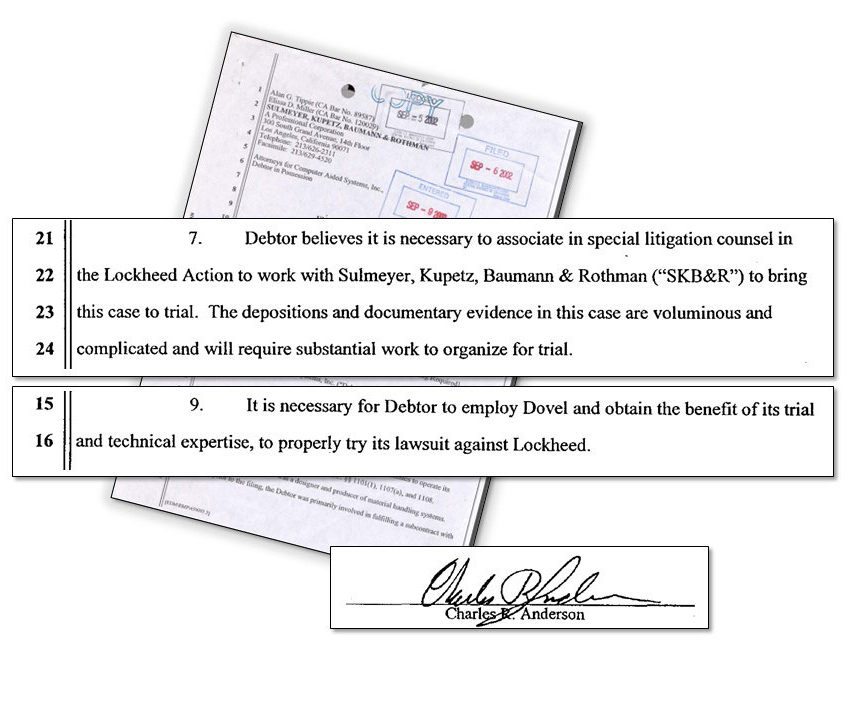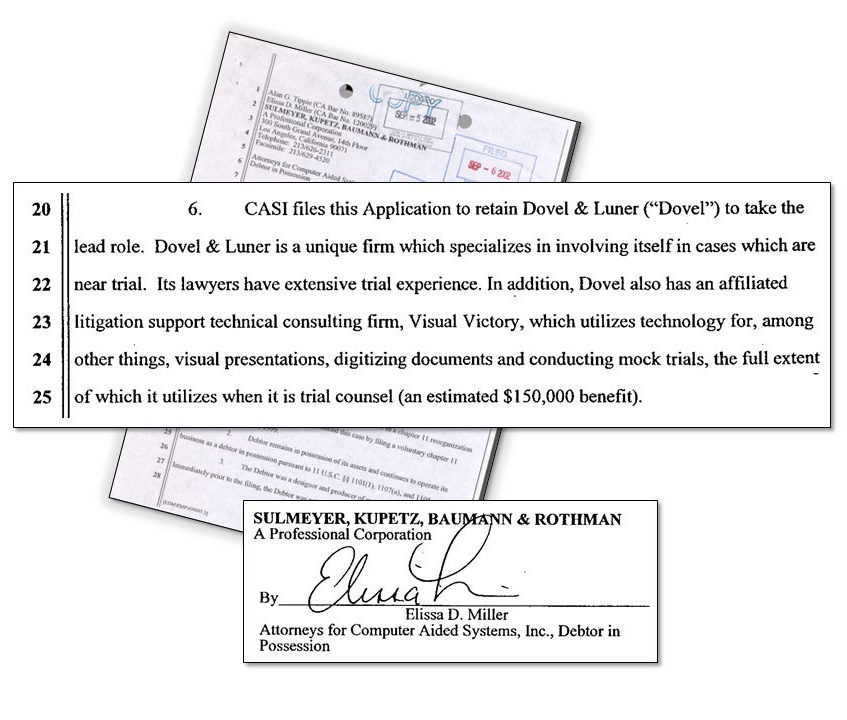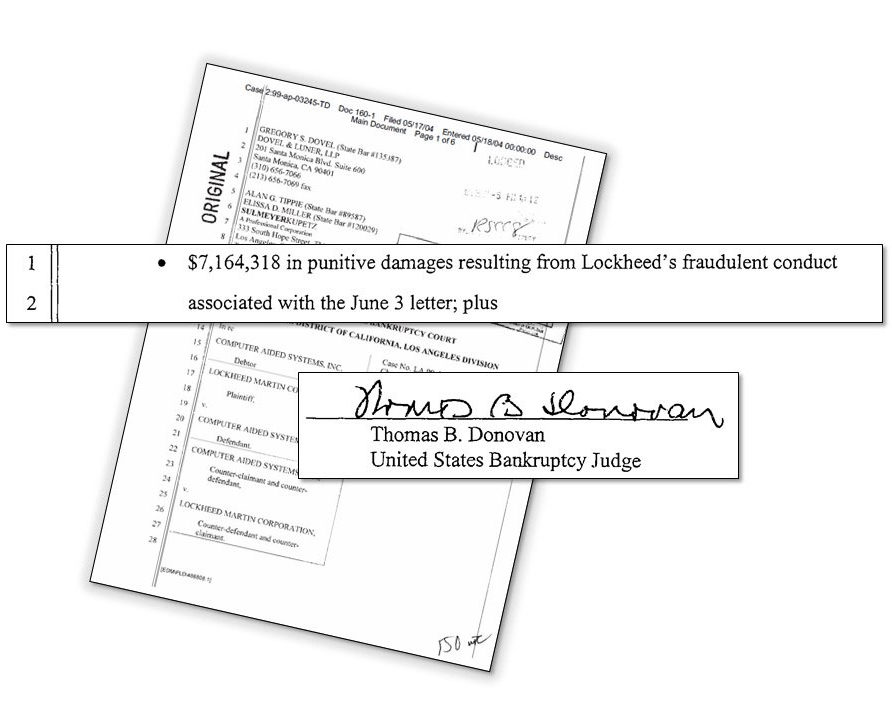Bankruptcy matters
Your needs:
You are a Chapter 7, 11, or 13 Liquidating Trustee.
You are responsible for maximizing the value of your Trust for the Trust’s beneficiaries. Your Trust has been assigned legal claims–unliquidated causes of action–that, if successfully pursued, could have high potential value for the Trust’s creditors.
These legal claims could vary from a simple two-party contract dispute to complex litigation involving multiple defendants.
Your Trust may have claims arising in the context of the underlying bankruptcy, such as preference and fraudulent conveyance claims. Alternatively, your Trust may own claims for fraud, breach of fiduciary duty, and intellectual property disputes.
Maximizing the potential value of these claims for the beneficiaries will require litigators with the highest level of skill and expertise, fierce determination, and a proven ability to win a war.
Moreover, you need to hire a law firm that recognizes the unique challenges and responsibilities that face a Trust manager who is subject to the scrutiny of the Trust’s beneficiaries or other third parties who may second-guess the manner in which you attempt to liquidate the Trust’s assets.
Finally, you don’t have the cash available to fund an expensive hourly law firm’s inefficient legal campaign.
Your solution:
Hire special counsel to prosecute the estate’s claims that understands your needs and achieves extraordinary results.
Dovel & Luner’s attorneys have a higher level of skill and experience than any firm in the country, and a track record of success against the world’s biggest companies.
We work only on a contingency fee basis. If we don’t succeed, we don’t get paid.
Typical bankruptcy-related matters include:
- claims for antitrust violations, fraud, or breach of contract against suppliers;
- preference claims;
- avoidance of transfers under §§ 544, 548, 549, or 550 of the Bankruptcy Code or state law;
- claims against directors and officers of the debtor; and
- claims enforcing the debtor’s intellectual property rights
Bankruptcy Case Study
Taking over a bankruptcy case before trial
To take over a bankruptcy case shortly before trial and win, a firm must learn the nuanced facts and legal issues, uncover new insights in the evidence and arguments, finish any remaining depositions and expert reports, win the key motions, develop a wining trial strategy for liability and damages, prepare powerful trial examinations and visuals—and do so in a very short period of time.
When we face this test, we excel. Here is an example.

The client (CASI) went into bankruptcy. Lockheed sued the client and the client responded with its own counterclaims. After intensive litigation, the trial was rapidly approaching. The client decided to seek new counsel with “trial and technical expertise.”

Who do you turn to as trial approaches?

The results – a very satisfied client:

“It takes exceptional lawyering for a judge to award punitive damages.”
Judge Robert M. Parker
U.S. Court of Appeals for the Fifth Circuit, retired.